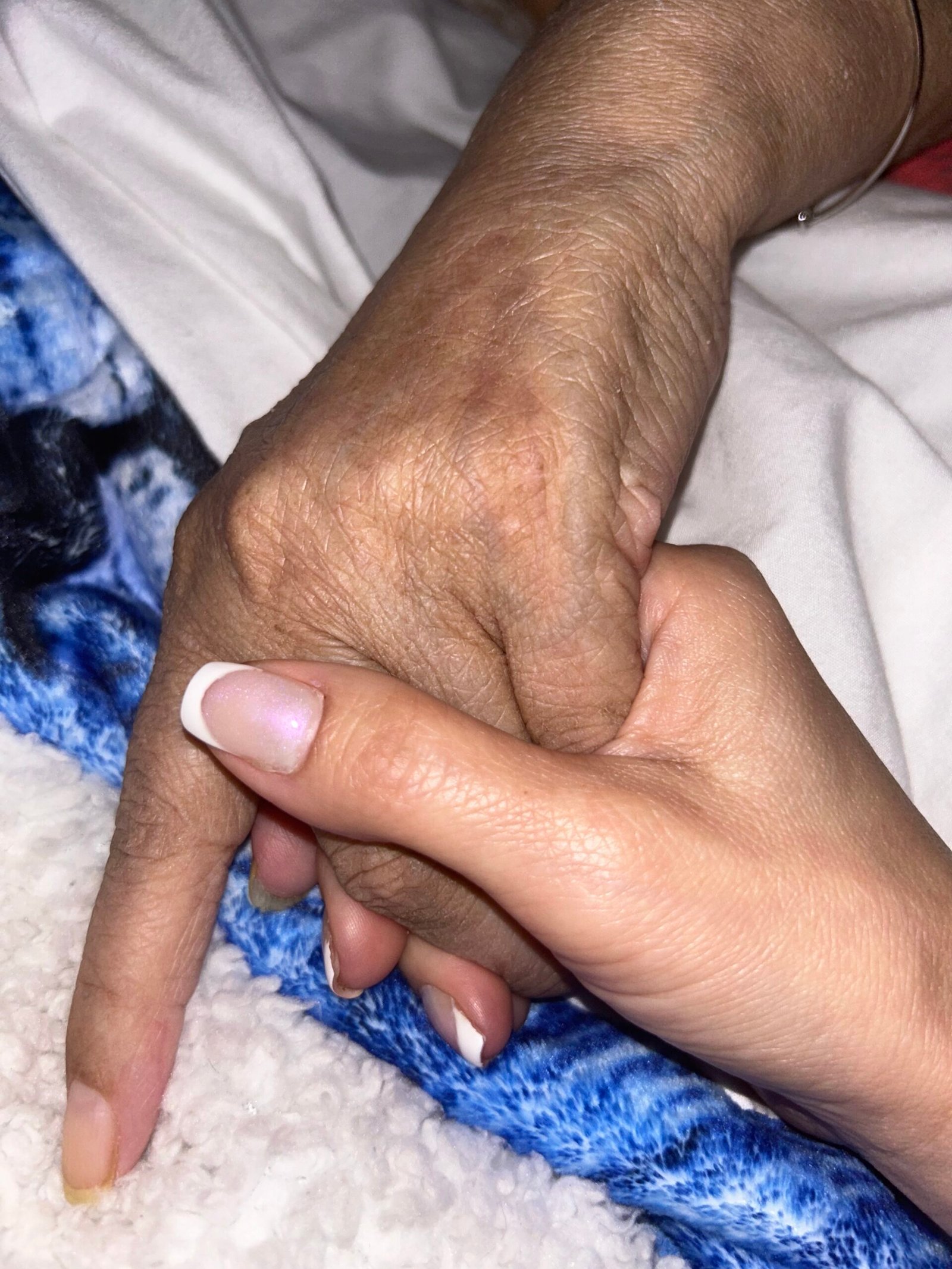The True Value of Hospice Care Benefits: Dignity, Comfort, and End-of-Life Support
One of the hardest decisions you will ever face is recognizing that your loved one’s health is declining and recovery is no longer possible. It’s a moment that brings a flood of emotions, often tied to the five stages of grief—denial, anger, bargaining, depression, and acceptance. But in these moments, the focus should shift from grief to what truly matters: providing love, support, and comfort for your loved one in their final days.
Hospice care is not a surrender to loss; it’s a compassionate choice that prioritizes dignity and comfort during life’s final chapter. Yet, misconceptions often cloud the decision, with some viewing hospice as “giving up” or a “death sentence.” The reality couldn’t be further from the truth.
Hospice Care: A Compassionate Choice for End-of-Life Support
Hospice care exists to ensure that a person’s final days are filled with comfort, peace, and meaningful connections—not unnecessary suffering. It focuses on holistic well-being, addressing physical, emotional, and spiritual needs for both patients and their families.
Key Benefits of Hospice Care
- Pain and Symptom Management: Skilled professionals focus on alleviating pain and managing symptoms to enhance the patient’s comfort.
- Emotional and Spiritual Support: Hospice provides counseling and spiritual care for both patients and families, helping them cope with emotional challenges.
- Support for Families: From respite care to guidance on end-of-life planning, hospice reduces the burden on loved ones, allowing families to focus on connection rather than logistics.
Early Hospice Care: Why Timing Matters
Many families delay choosing hospice care until the last days or even hours of a loved one’s life. While any hospice support is valuable, early involvement provides significant benefits for both the patient and the family.
Advantages of Early Hospice Care Benefits
- More Time for Meaningful Moments: Early enrollment allows families to create memories, share stories, and achieve emotional closure.
- Personalized Care Plans: Care teams can design a plan that aligns with the patient’s unique needs and values.
- Structured Support: Families gain access to counseling, education, and resources to navigate this challenging period with confidence and strength.
Early hospice care helps transform a time of fear and uncertainty into one of connection, dignity, and peace.
Dispelling the Myths Surrounding Hospice Care
One of the greatest barriers to choosing hospice care is the stigma surrounding it. Many see hospice as “giving up” or believe it means surrendering to the inevitability of death. However, hospice care is not about giving up—it’s about giving care. It’s a choice to prioritize comfort and quality of life for your loved one.
Why Hospice Care Is Not a Death Sentence
- Hospice care focuses on making every moment meaningful and pain-free, not on counting the remaining days.
- It empowers families by providing the tools and support needed to make the end-of-life journey more peaceful and loving.
- It addresses the holistic needs of the patient, including physical, emotional, and spiritual well-being.
Understanding hospice as a gift of comfort and dignity allows families to see it for what it truly is: a compassionate, proactive choice.
Resources for Hospice Care and Support
If you’re considering hospice care, there are numerous resources available to guide and support you:
- National Hospice and Palliative Care Organization (NHPCO): Offers comprehensive information and resources.
- Hospice Foundation of America: Provides educational materials and family support services.
Exploring these resources can help you make informed decisions and feel more confident in your choices.
Conclusion
One of the hardest decisions in life is recognizing that a loved one’s health is declining, with no chance of recovery. It’s a heart-wrenching reality that often brings about the five stages of grief. But amidst that grief, the focus should remain on providing love, support, and comfort for your loved one.
There’s a misconception that hospice care is a “death sentence” or an act of “giving up.” In truth, hospice is quite the opposite—it’s a compassionate choice that prioritizes the patient’s comfort, dignity, and well-being. Choosing hospice care means putting your loved one’s needs ahead of your own, ensuring they experience peace and relief rather than prolonged suffering.
Would you want your loved one to endure pain and agony just to have more time together, only for their final moments to be filled with discomfort? Or would you prefer to give them the gift of dignity, comfort, and the chance to spend meaningful, intimate moments together in their final days? Hospice care provides this opportunity while also alleviating the strain and burden on families, making the end-of-life experience one of connection rather than suffering.
It’s important to dispel the myths surrounding hospice care and recognize it for what it truly is: a support system that can positively impact families during one of life’s most difficult times. By understanding and embracing hospice care early, you ensure not only your loved one’s comfort but also your family’s ability to navigate this chapter with peace and strength.



